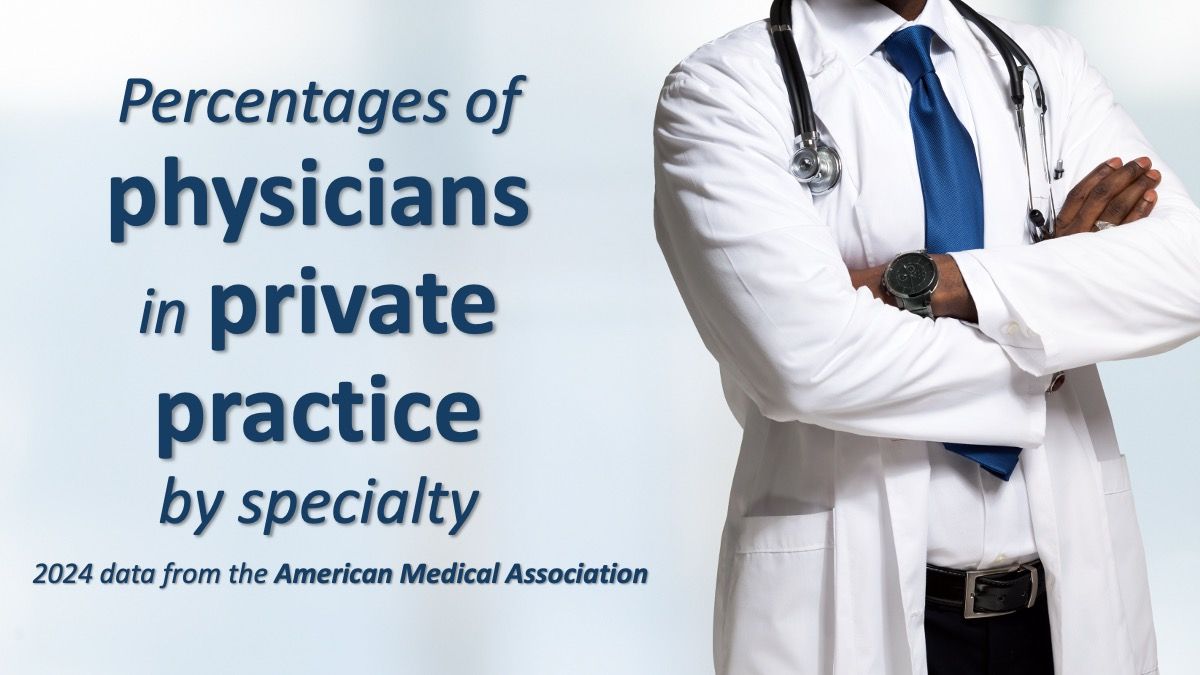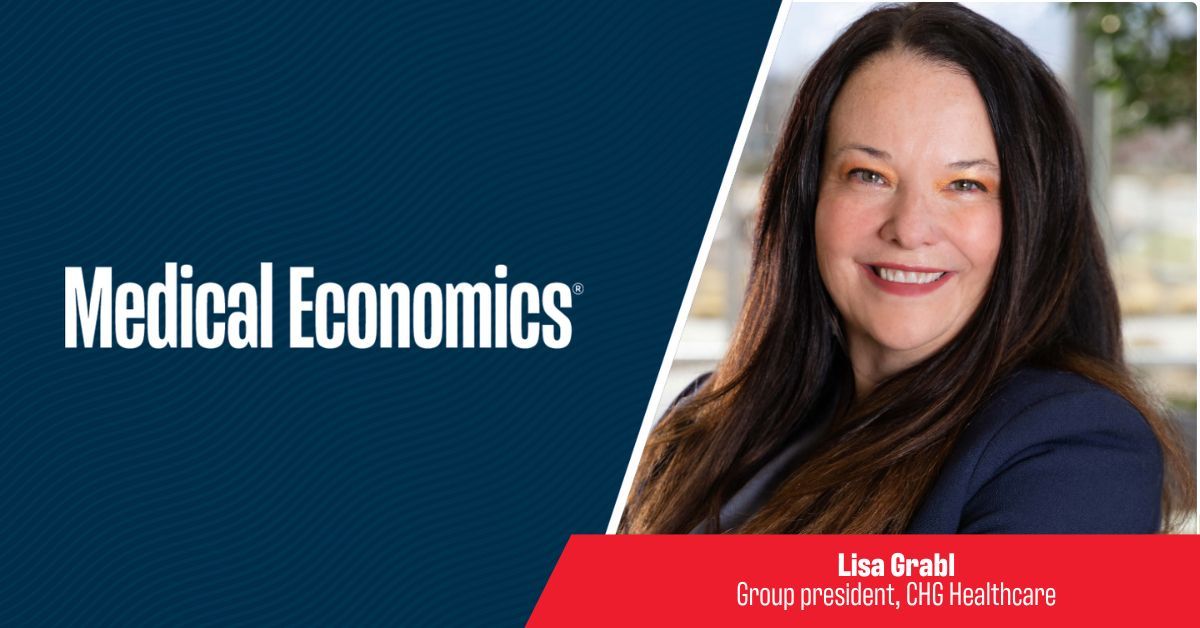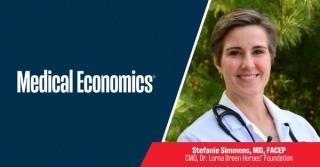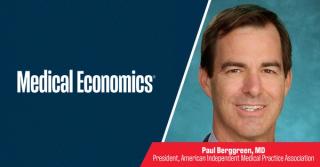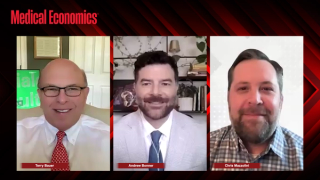
Careers
Latest News
Latest Videos

CME Content
More News
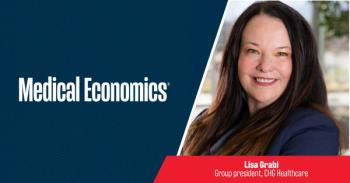
Lisa Grabl, group president of CHG Healthcare, explains the role of locum tenens in bridging staffing gaps.

Lisa Grabl, group president of CHG Healthcare, discusses care outcomes from locum tenens physicians.

Lisa Grabl, group president of CHG Healthcare, talks about the role of locum tenens in the ongoing physician shortage.

Lisa Grabl, group president of CHG Healthcare, says more physicians are turning to locum tenens work as means to combat burnout.

Lisa Grabl, group president of CHG Healthcare, discusses the challenges locum tenens physicians face when working in Health Professional Shortage Areas.

Lisa Grabl, group president of CHG Healthcare, explains the vital role locum tenens physicians play in underserved areas.
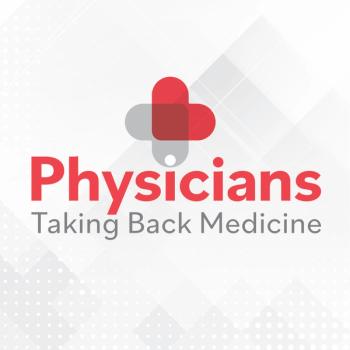
While attention on physician wellness from a television show is welcome, these doctors have been working on the issue for years. Hear their story
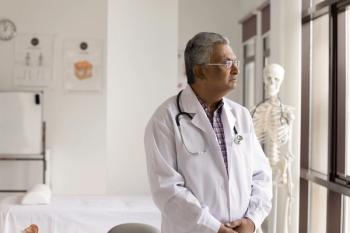
A new national survey finds loneliness is widespread among academic family physicians, especially women and minority doctors, and may be hindering efforts to address the same issue in patients.

Survey finds small practices deliver high satisfaction and deeper patient relationships.
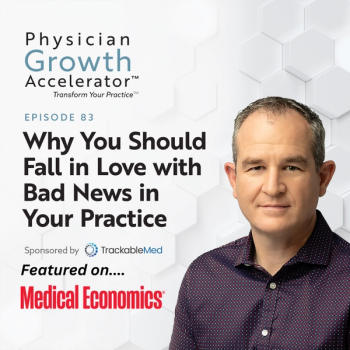
Discover how to transform bad news into a competitive advantage for your medical practice, enhancing management and staff alignment for success.

New analysis of Medicare billing data shows high turnover among advanced practice providers, especially in hospital-based and smaller practices.

A new study in JAMA Network Open finds that suicide remains a top cause of death among medical residents — especially in their first months of training.
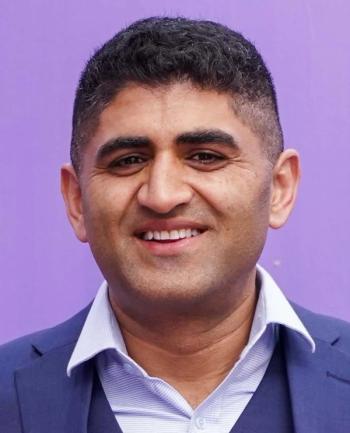
Remote support is helping primary care practices reduce administrative stress, allowing physicians to focus more on patient care.

A 10-step guide for physicians to assess their compensation accurately, using benchmarks and data to ensure they receive fair pay for their expertise.

New research shows nearly 30% of satisfied doctors are eyeing an exit, and compensation alone won’t convince them to stay.

A new research letter outlines the toll that short-staffed teams take on physicians, and why many are considering cutting their hours, or walking away.
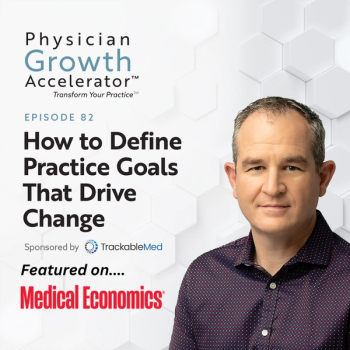
Unlock your practice's potential with clear goal-setting strategies and insights from the Physician Growth Accelerator Podcast, tailored for physicians.
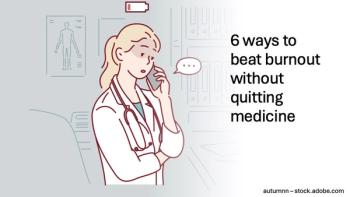
Six evidence-based strategies to fight burnout, reclaim your time and stay in medicine.

Physician burnout persists beyond pandemic, Sermo survey finds, and physicians are reluctant to seek help.

Advanced practice providers are showing up in large numbers in primary care and will soon make up half the workforce in that segment.
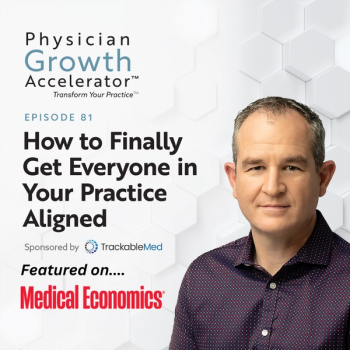
Discover how to enhance team alignment in your medical practice with the Define, Communicate, Measure framework for effective practice management.

What’s fueling salary increases for primary care physicians? Talent shortages, increased burnout and rising administrative burdens — not greed.

Medical Economics was on the ground in New Orleans covering the ACP Internal Medicine Meeting 2025.

The aging population demands urgent geriatric training in primary care to address complex health needs and improve senior healthcare outcomes.
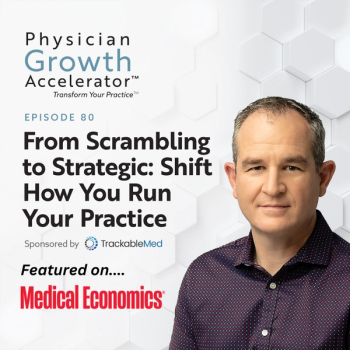
Learn practical strategies to transform your medical practice from reactive to proactive, enhancing patient care and business success with expert insights.



